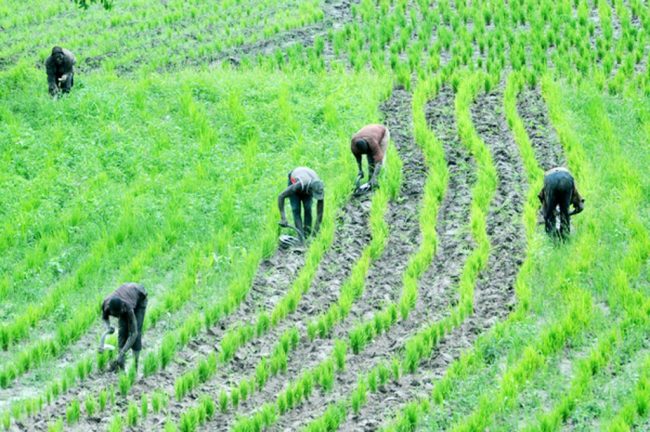According to Dr. Vincent Isegbe, Comptroller General of the Nigeria Agricultural Quarantine Service (NAQS), the government is expecting to generate around $3 billion per year from hibiscus exports to Mexico.
In November, NAQS and its Mexican counterpart, SENASICA, agreed a phytosanitary pact to stabilize and expand Nigerian hibiscus flower (zobo) exports to Mexico.
Isegbe stated during the 4th CG’s Summit and Management Retreat in Abuja that the framework was aimed to protect bilateral hibiscus commerce “between Nigeria and the top importer of Nigerian hibiscus from needless interruptions.” He compared hibiscus to the innumerable high-value exportable agro-commodities that Nigeria underutilizes and takes for granted.
Isegbe stated that agro-export intensification will increase the country’s total agricultural production, build long-term wealth, and raise household incomes among the 70% of the people involved in agriculture and agro-allied sectors.
He further stated that the service is now trying to democratize MSMEs’ participation in agro-export operations through its Export Improvement Initiative and Export Certification Value Chains.
Isegbe said, “Our people toil, in the rain and in the sun, to cultivate crops and rear animals. However, the majority of them reside in rural areas. They eke out their subsistence in the low returns of the local market.
“Many of them are unaware of their right to access the ECOWAS and African Continental Free Trade Area markets. Moreover, they know little or nothing about export standards. They don’t consider themselves qualified to export because they presume that only the rich and the affluent can export.
“We are working to overcome this challenge of the ‘last mile’ by targeting grassroots farmers, off takers, and processors.”
He said, “The urgent task that must be done is to reposition our food production system to straddle our local market and the export market like the one and only giant of the continent.”
According to him, “NAQS is entrusted with the critical mandate to inspect and certify food and agricultural products for export and to facilitate international trade.
“The nature of our mandate puts us at the front of the federal government’s drive to maximize its vast potential in non-oil exports.
“Our work is essential any day, any time –it is all the more so considering the dire need for the country to escalate national revenue earning, create jobs for the teeming unemployed and underemployed youths and lift millions of our citizens out of poverty.”













